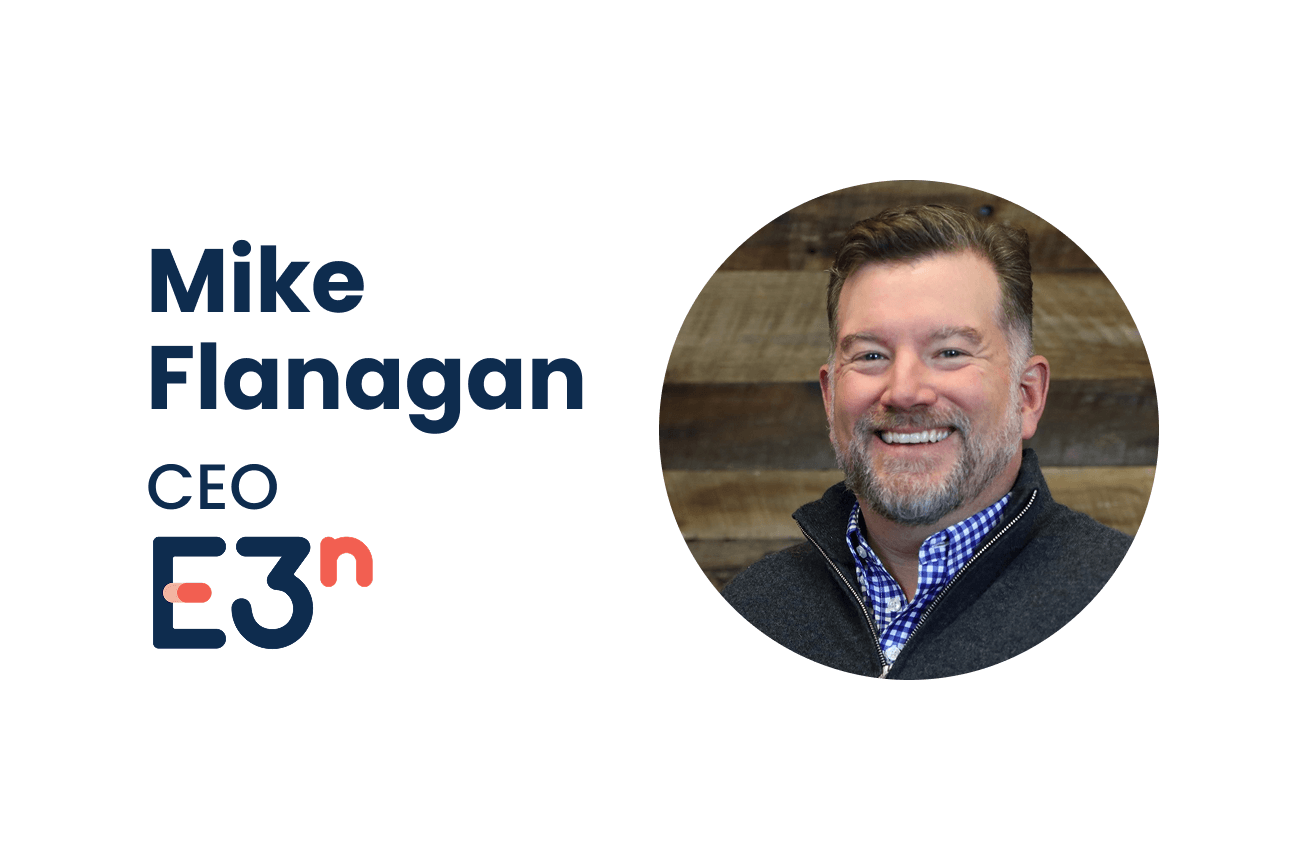Leadership: Institutional Change and Influencing the Future

We are pleased to partner with the University of Southern California's Rossier School of Education's Center for Enrollment Research, Policy and Practice (CERPP) to provide scholarships to and guidance for independent school enrollment management professionals to enroll in the online Leadership in Enrollment Management Certificate program.
Carl Rogers, an influential American psychologist and one of the founders of the humanistic approach to psychology, said, “The only person who is educated is the one who has learned how to learn and change.” In the ever-changing world of independent schools it seems at times that the only constant is change. How do we keep our finger on the pulse, make sure our institutions are in tune with the market, and provide our communities with the best experience possible? We need to understand how to adapt and be willing to take risks and make changes.
When discussing the topic of “Leadership and Institutional Change” during our Leadership in Enrollment Management certificate program at USC, we were exposed to Bill Durden’s idea of the “power of grey.” Durden, the president of Dickinson College, explained the importance of leveraging the grey areas and the unknown that we deal with each day in our line of work. This topic was thought provoking and relevant to me because we do deal in shades of grey every single day in enrollment management. Being able to embrace the unknown makes our institutions better prepared for the future and affords our students a better educational experience. It especially resonated with me when Durden said we should give our students the support and permission to try out new things without the fear of failure or repercussions. Wouldn’t it be great if both students and faculty members felt this type of support—imagine how the freedom to take risks, without the fear of failing, would influence the future of our schools!
At Dwight-Englewood School (NJ), part of our mission statement reads, “We seek excellence, honor integrity, and embrace diversity in order to develop the skills, values, and courage to meet the challenges of a changing world and make it better.” Skills. Values. Courage. All are important attributes for anyone who is forging a path into the future. We want to teach our students skills that will translate into the future and not just into material. We want our students to have the values of good people and to make smart choices no matter their age or location. We want our students to have courage to take those risks and not be afraid of changes. To go along with that statement, our head of school usually further explains that we as educators (or parents) have no clue what our school will be like or what our children will be doing twenty or thirty years from now, so teaching them facts alone will not serve in their future success. In order for our students to be prepared to face an ever-changing world, we must teach them to ask “how” and “why” and, most importantly, to be adaptable. Whether you are looking for a school for employment or placement of your children, examining the mission statement of the institution should provide a clear picture of its ideas for the future. A school should be committed to being adaptable and welcoming change when needed; if not, you will be left in the past.
In this day and age, most of our institutions have a mission statement that includes some verbiage about change. Since change is inevitable, these mission statements should reflect that we want our learners to be prepared to face change head on, now and when they are in college. In looking at the USC Rossier School of Education commitment, the statement that governs our Leadership in Enrollment Management program, I found that they pledge to prepare their graduates “to be change agents, and equip them with the critical thinking and problem-solving skills necessary to assess challenges and implement creative solutions.” Critical thinking. Problem-solving skills. Creativity. Another set of important ingredients to ensure that our students are best prepared and able to withstand the test of time and influence the future.
In addition to preparing ourselves and our institutions with the skills and tools needed to change and influence the future, we should reflect on the past but not let it dictate our future. I encourage you to do research so that you are confident in making a change and influencing those around you to take a step in a different direction with you; and lastly, do not be afraid to fail.




